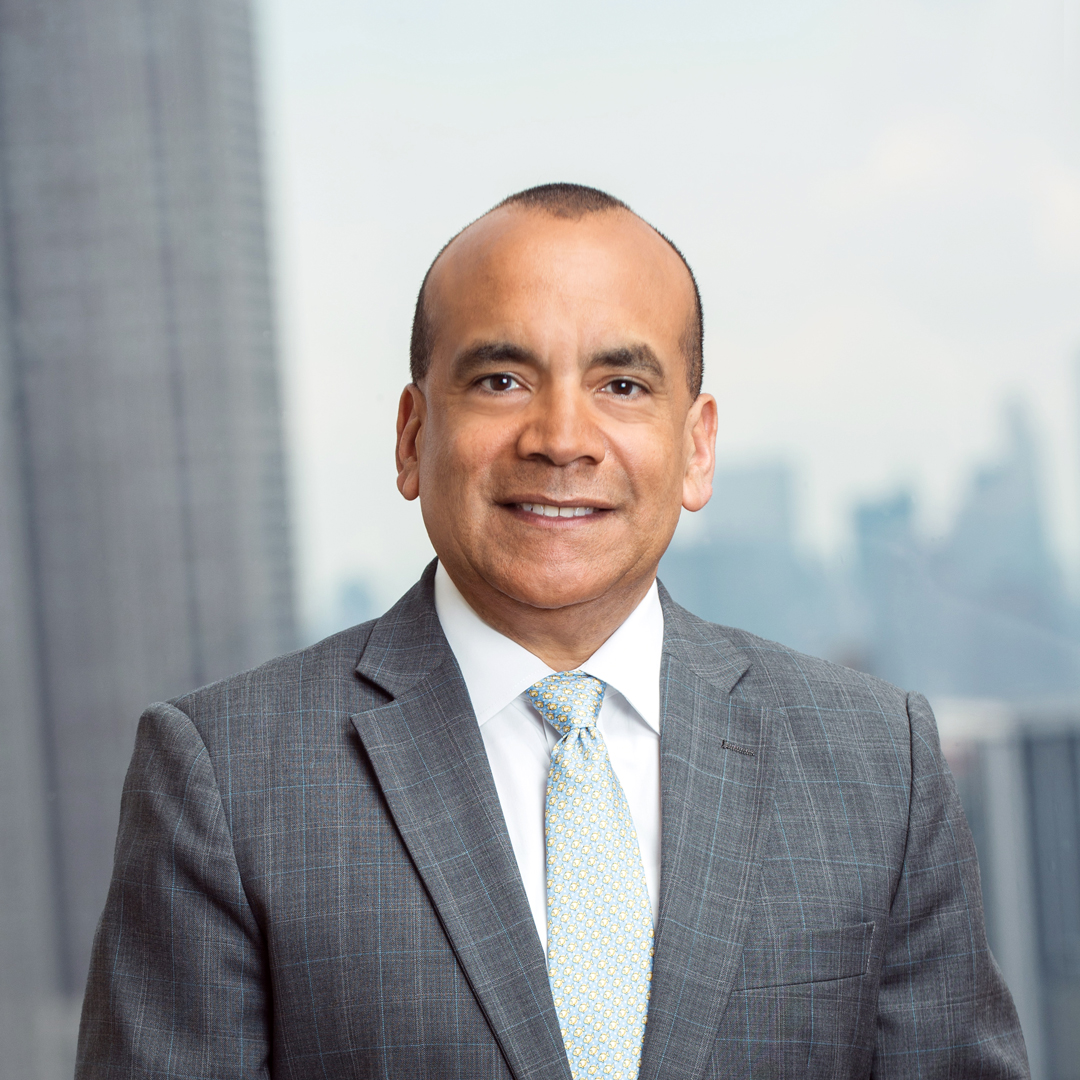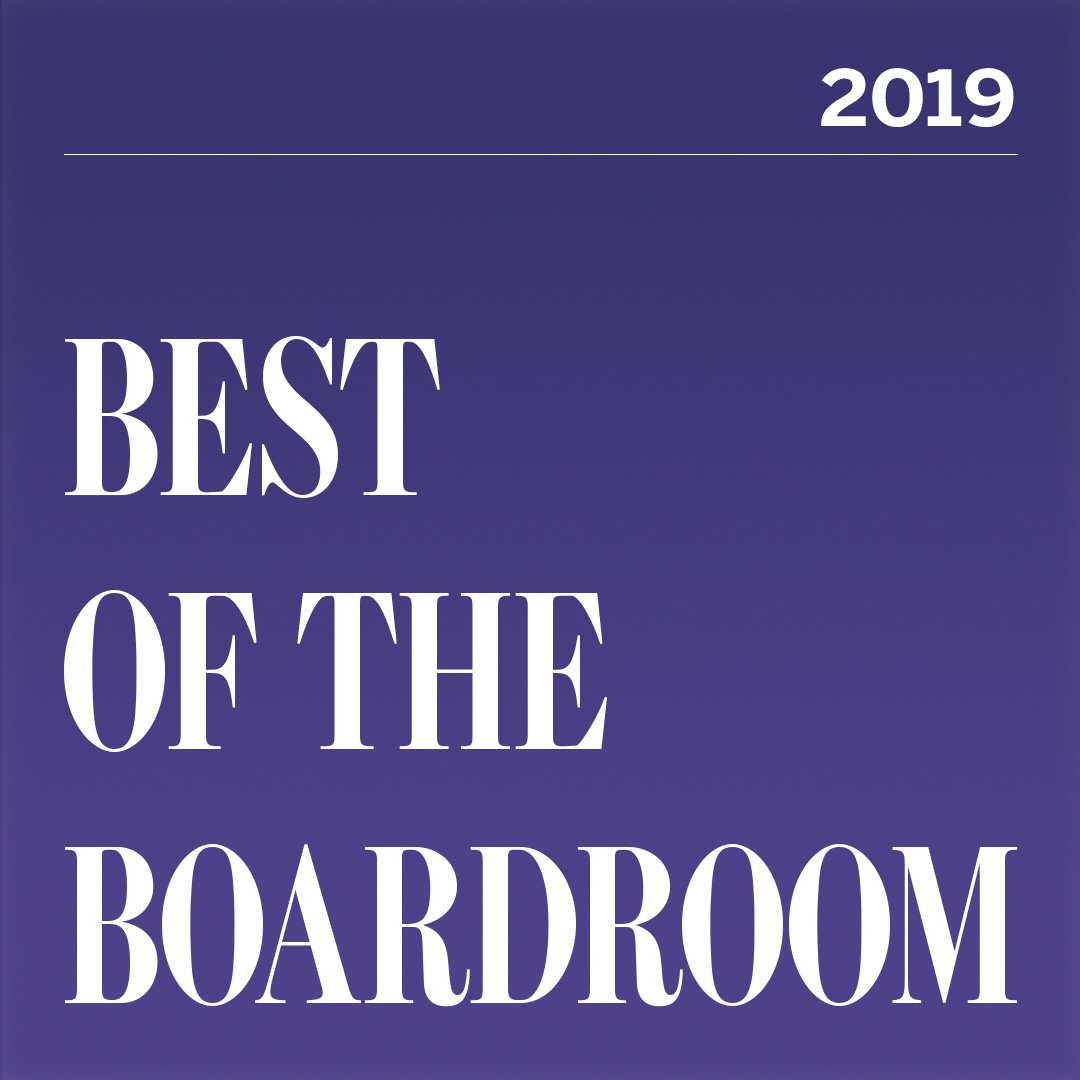|
Getting your Trinity Audio player ready...
|
Antonio Garza has held some of the highest positions available in both the public and private sector.
A former US ambassador to Mexico (2002-2009), he is now counsel to White & Case LLP in Mexico City. Garza also is currently a board director for Kansas City Southern, where he is member of the executive committee and chairman of the company’s subsidiary, Kansas City Southern de Mexico; as well as a board director for MoneyGram, where he serves as chairman of the company’s committee on compliance and ethics.
Additionally, the Ambassador is a trustee at Southern Methodist University and acts as chairman of the university’s committee on legal and governmental affairs.
Yet it was his first experience serving on a board, more than thirty years ago, that set the tone for his career. He then served on the board of a south Texas community health center, a federally funded clinic focused on indigent and migrant health care.
“The issues were challenging, but the experience of being part of a board made up of patients, physicians, and community members was a defining one for me,” he says. “I learned early on that building coalitions meant really putting in the work, understanding the organization and your fellow board members, and having a clear sense of direction.”
“I learned early on that building coalitions meant really putting in the work, understanding the organization and your fellow board members, and having a clear sense of direction.”
He says that his time on the clinic board set in motion his move away from a business-centric legal practice to what would become nearly twenty-five years of public service, first as a county executive, later as Texas secretary of state, then chairman of Texas’ leading energy regulator, and ultimately US ambassador to Mexico.
Garza grew up in south Texas, near the Mexico border. “I was exposed to and have been part of a diverse set of cultures. And that’s meant listening, learning, and trying to understand different points of view and ways of looking at the world,” he says.
Those lessons have served him well throughout his career. “I’ve been very fortunate throughout my life to have had the support of mentors, personally and in the professional arena,” he says.
What advice would you give to Hispanic executives aspiring to corporate board positions?
“My wife’s youngest recently graduated from college and I gave him a copy of Yuval Noah Harari’s 21 Lessons for the 21st Century. In one of the essays Harari spoke to what a young person needed to succeed in a world where the only constants were change and uncertainty. He wrote that the ability to think critically, communicate effectively, collaborate constructively, and be both resilient and creative were all essential to success. In my mind, that’s also the essence of what it takes today to be an effective leader and corporate director.”
He has served on many different nonprofit boards and commissions over the years. “At each opportunity, whether it be a local Boys and Girls Club, statewide commissions on education and juvenile justice, alumni associations, or advisory boards to presidential centers, I’ve met people from whom I’ve learned a great deal and have been a big part of what I’m doing today.”
His advice for young Latinos is to stand out from the pack. “Get known for your judgment and integrity, and then raise your hand,” he says.
And he believes that the Latino Corporate Directors Association (LCDA) is an excellent resource to use. “One of the things I think the LCDA has done well, particularly as relates to publicly traded company boards, is expose Hispanic candidates to opportunity, and worked on building a solid pipeline of candidates for the future.”
And corporate leaders need to do more, he feels. “I am not going to lie to you, our Latino numbers aren’t what they should be. And that’s not me talking anecdotally. Look at the research and you’ll find that over the years fewer than 5 percent of all new directors have been Hispanic, with only slight movement of late to the upside,” he says. “Hard to believe that in the face of unprecedented demographic growth and market opportunity, the corporate world has been so slow to respond. What boards need is both a commitment to broadening the pool in terms of diversity, and to expanding their idea of what they’re looking for in a director.”
The LCDA provides effective advocacy, education, and exposure for Latinos to those who are making the decisions about who’s going to be in the boardroom, he says.
“And think about it, in a little over five years, the LCDA has built the coalitions, databases, and engaged in direct dialogue with search firms, investors, and large shareholder groups,” he continues. “These are all absolutely critical efforts designed to get those numbers up, something no one of us could have possibly done on our own. And here’s the kicker, it’s not just good for Latino candidates, it’s good for corporate bottom lines.”
His experience as an ambassador and counsel in a large international law firm compares favorably to that of board membership. “It speaks to a mind-set as much as skill set,” he says. “Today’s companies find themselves dealing with any number of challenges. Cyber, geopolitical, disruptive, and evolving market forces all against a backdrop of populist political movements that have put trade and monetary policy in flux.”
As ambassador, he chaired a weekly meeting of political, economic, commercial, law enforcement, and Intelligence officers to discuss and evaluate those matters and chart a course of activity focused on representing US interests abroad, often business and commercial.
“In those days, my duty was to US interests and taxpayers. Today at White & Case it’s to clients, and in the boardroom to shareholders,” he says. “The point is that, while my fiduciary responsibilities may differ depending on the situation, the approach and mind-set are similar. How best to evaluate your operating environment, analyze the risk and return, mitigate those risks, and then respond effectively?”
Garza has learned a lot about leadership, and has some ideas on how to pass his knowledge on to the next generation.
“My wife’s youngest recently graduated from college and I gave him a copy of Yuval Noah Harari’s 21 Lessons for the 21st Century. In one of the essays Harari spoke to what a young person needed to succeed in a world where the only constants were change and uncertainty. He wrote that the ability to think critically, communicate effectively, collaborate constructively, and be both resilient and creative were all essential to success,” Garza says. “In my mind, that’s also the essence of what it takes today to be an effective leader and corporate director.”
It is not surprising to hear the ambassador, a native Texan, also work in Sam Houston’s “Do right and risk the consequences” quote when talking about leadership. But that summarizes Garza’s core beliefs.
“There’s no doubt that today’s leaders need to possess the integrity and judgment to do right,” he says. “But in order to figure out what’s right, that attitude best be coupled with the skills Harari talks about if they plan on surviving and succeeding in today’s environment.”

